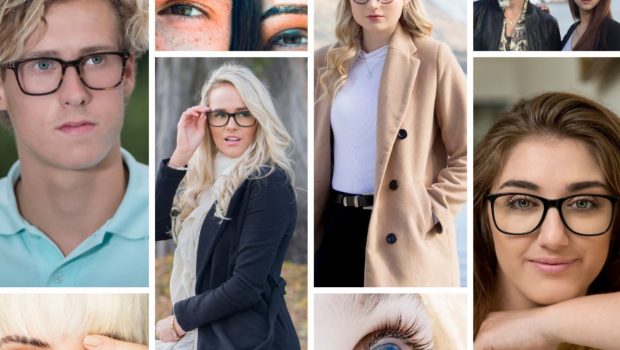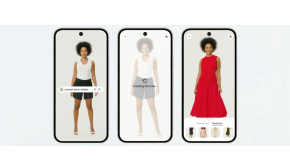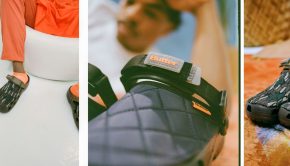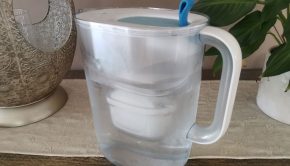Seeing blue? 2019’s anti-ageing tool for the digitally dependent promises to shield against ‘screen face’
According to a study by Unilever Skincare Research, four eight-hour workdays in front of a computer exposes the skin to the same amount of energy as 20 minutes in the mid-afternoon sun. With millennials reportedly checking their phone up to 150 times a day and clocking more than 10 hours of screen time daily, blue light – or High Energy Visible (HEV) light – is shown to cause oxidative stress on the skin and create free radicals which threaten the integrity of collagen structures deep within the epidermis.
Susceptible to the blue light emitted from smartphones, computers and tablets, the fragile skin round the eyes is under the strain of 22 muscles in perpetual motion to help coordinate 10,000 blinks per day. As one of the first areas of the face to age naturally due to the lack of sebaceous glands, HEV light can exacerbate the appearance of fine lines, wrinkles and sagging due to protein loss while slowing the skin’s healing processes which in turn leaves damaged cells in a state of senescence leading to unwanted pigmentation such as melasma.
“Blue light silently assaults the skin,” says EXYRA founder, Raymond Seubelan. “Unlike UV rays which can trigger immediate erythema and edema, blue light initially goes unnoticed but can, over time, weaken our skin’s barrier function and accelerate photo-ageing.”
A 2014 study by industry journal Pigment Cell & Melanoma Research also saw researchers compare skin exposed to blue light with skin exposed to UVB rays, the type of ultraviolet light that’s most closely associated with sunburns and skin cancer. While the skin exposed to blue light showed no signs of cancer growth, it did confirm that darker skin types are more vulnerable to blue light induced pigmentation around the forehead and eyes. Dubbed ‘screen face’, this melasma was recorded up to 3-months post the study.
Unlike competing glasses on the market which simply coat the lens with a protective film, EXYRA eyewear is made using a photochromic dye which absorbs and blocks high frequency blue light wavelengths between 400nm-500nm from entering the retina and damaging the delicate skin around the eyes (watch demonstration here). This lens innovation which is exclusive to EXYRA also protects from UVA and UVB damage by the sun and ensures perfect optical clarity and full colour perception in all conditions.
With an extensive range of gender-neutral styles and colours available, EXYRA eyewear is made using a high-grade hypoallergenic acetate to prevent skin irritation and bacterial build up which can lead to redness and acne blemishes. Aesthetics aside, EXYRA eyewear also protects the retina from digital eyestrain, blurred vision, dry eyes, and headaches often associated with prolonged technology use.
“Although topical antioxidants such as vitamin C and E prove fruitful in remedying dark spots and boosting collagen levels, prevention, much like our approach to sun protection, is the best cure when it comes to anti-ageing and EXYRA fills this gap,” says Raymond Seubelan.
Assembled in Brisbane and available globally in prescription (single vision) and non-prescription options, EXRYA glasses retail from $98 RRP and can be purchased online at www.exyra.com.au.







